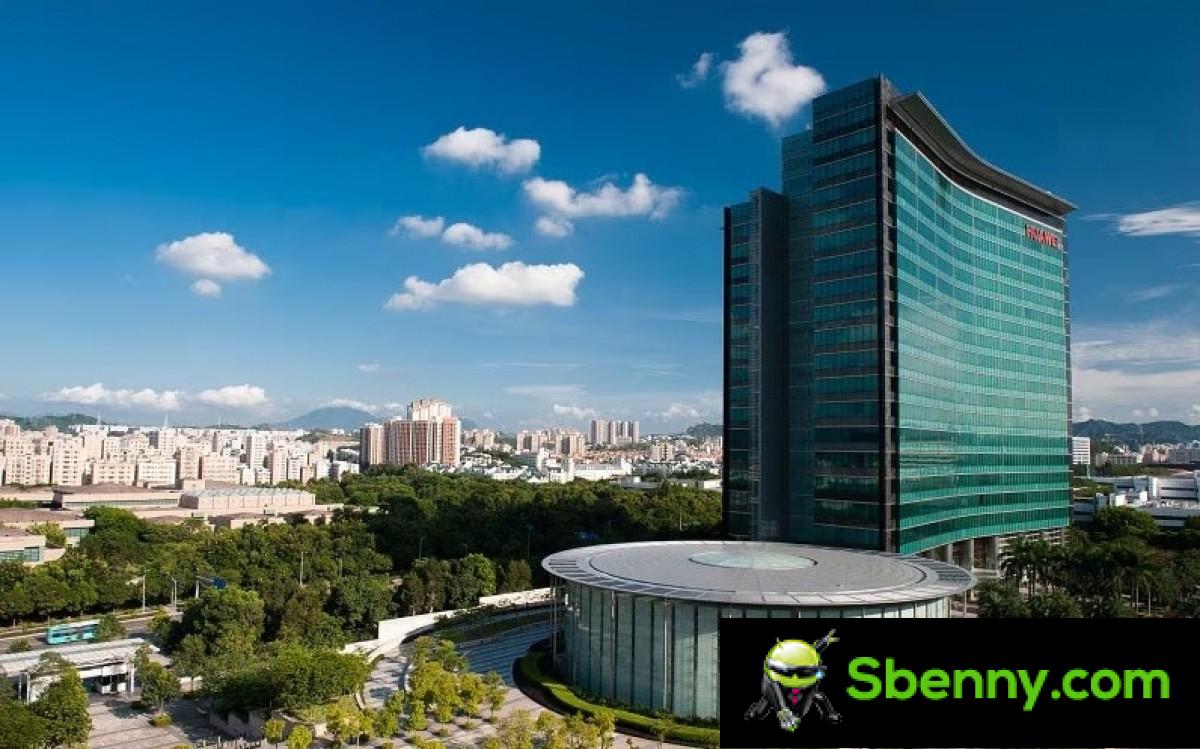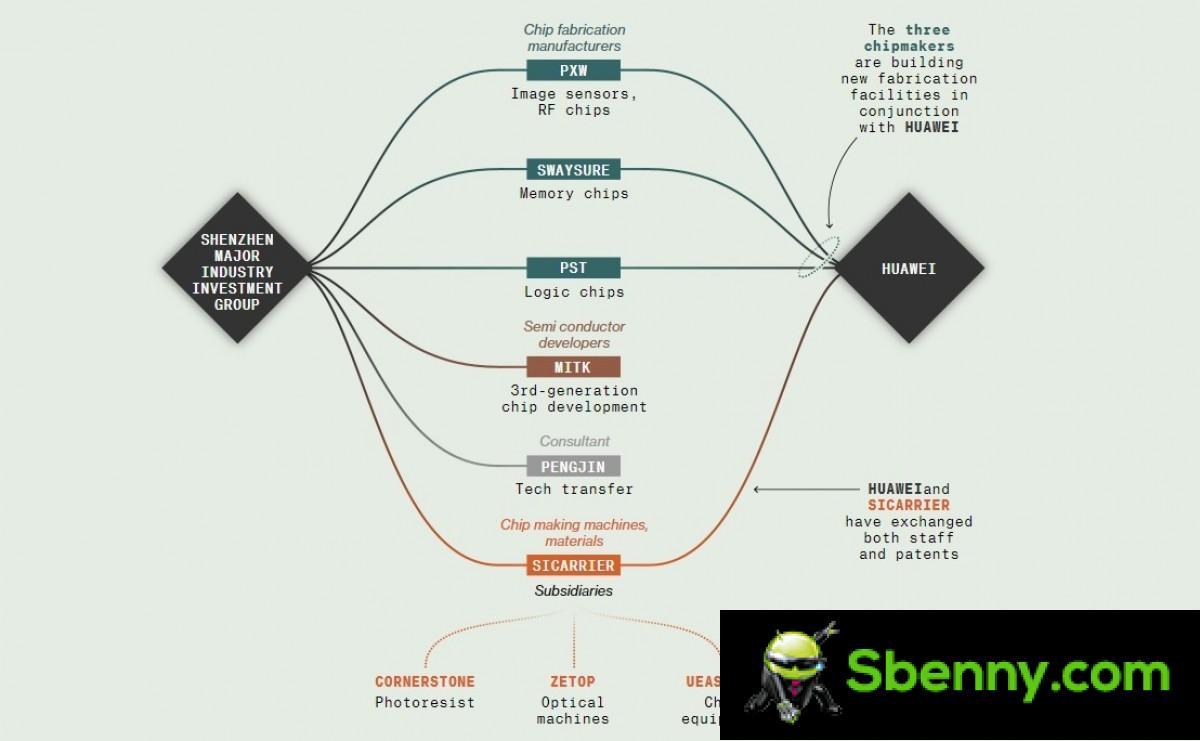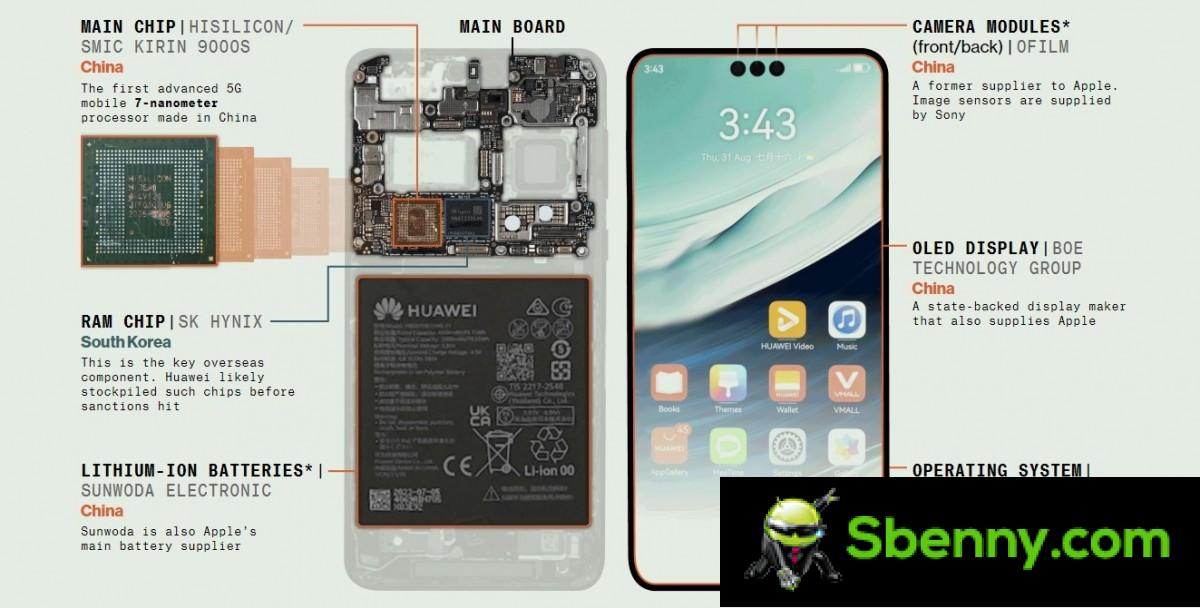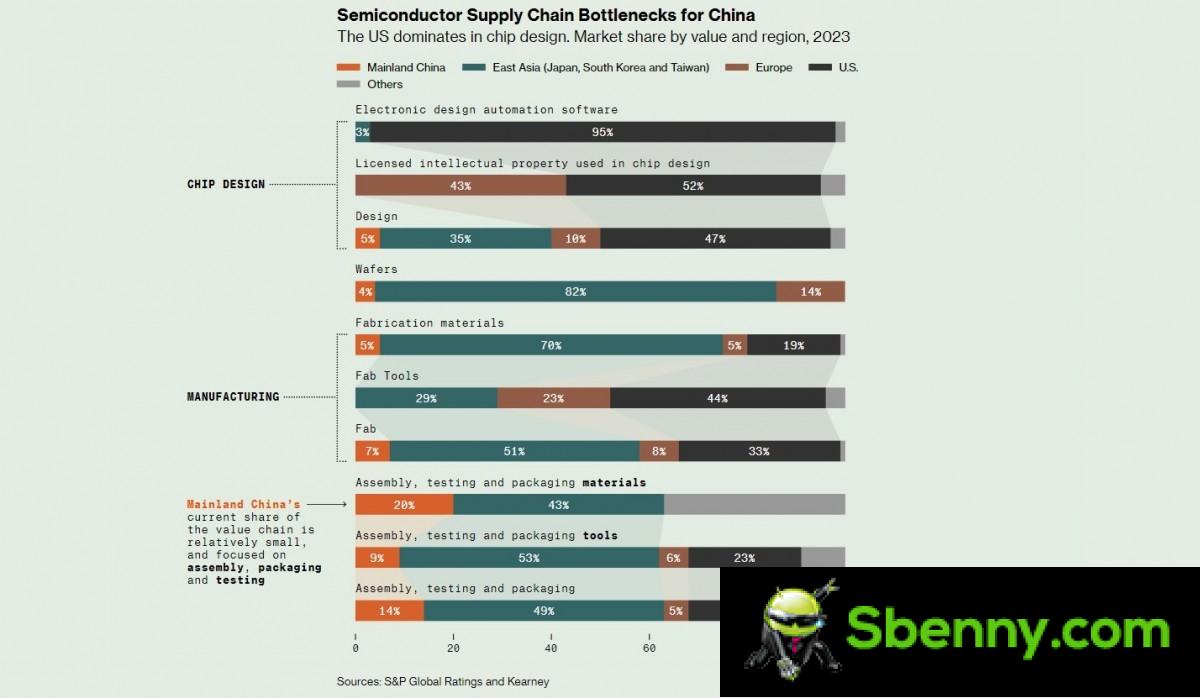Huawei is developing a self-sufficient chip network with the active help of the Chinese state, Bloomberg News relationships. According to the publication’s research, a Shenzhen city government investment fund was founded with the sole purpose of putting Huawei at the center of a large network with optical specialists, chip equipment developers and chemical manufacturers.

Huawei headquarters
The decision to make Huawei the driving force came with a direct order from government leaders, two sources said. The state even asked the manufacturer to launch the Mate 60 earlier than expected in response to US Commerce Secretary Gina Raimondo’s visit to China.
The Huawei Mate 60 smartphones are equipped with a 7nm Kirin 9000S chipset made in China. We have sent numerous inquiries to Huawei representatives regarding the SoC, but each time they have refused to comment. Insiders said the 7nm chipset, built by SMIC, reveals that China is about five years behind the current most advanced technology.
The US export controls were intended to keep China at least eight years behind. The main reason why Huawei and the entire chip business in China is being targeted by the US is the concern that US technology acquired from Chinese manufacturers could be applied to chips like the 9000S to power AI-controlled drones, supercomputer for code breaking and surveillance. .

The Shenzhen Major Industry Investment Group was created in 2019 with state funding and has received direct orders to support China’s chip efforts. It has invested in a dozen supply chain companies, data from a public platform on companies’ registration information revealed. Bloomberg found a chip manufacturing tools company called SiCarrier, which has formed a “close symbiotic relationship” with Huawei, and both sides have exchanged talent.
SiCarrier is employing engineers to work under the Huawei project, while the chipmaker has transferred a dozen patents, including technologies for electronic machines and data center designs. Both parties did not respond to requests for comment Bloomberg News.

A SiCarrier plant makes components for semiconductor manufacturing equipment, including laser-driven light source gears, pressure control valves and pumps, according to an evacuation map on a wall.
There’s also Zetop Technologies, a company that makes optical machines that put layer after layer of transistors on a silicon wafer, of which Huawei is a major shareholder, along with the Institute of Optics, Fine Mechanics and Physics , affiliated with the Chinese Academy of Sciences.
ASML Holding, a Dutch company that holds a virtual monopoly on the sale of lithography machines, does not sell its products to Chinese companies. However, Huawei and its partners have managed to hire some former ASML employees to help them work on chip-making machines.

Analysts revealed that China is not just creating funds and building $30 billion chip manufacturing plants. The state also helps with land, requires no income tax, and even builds condos for employee campuses. The country does not aim to achieve full self-sufficiency. It only works on creating domestic alternatives in fields where the United States and its allies can choke off supplies, such as lithography, wafer manufacturing, and electronic design information.







Start a new Thread